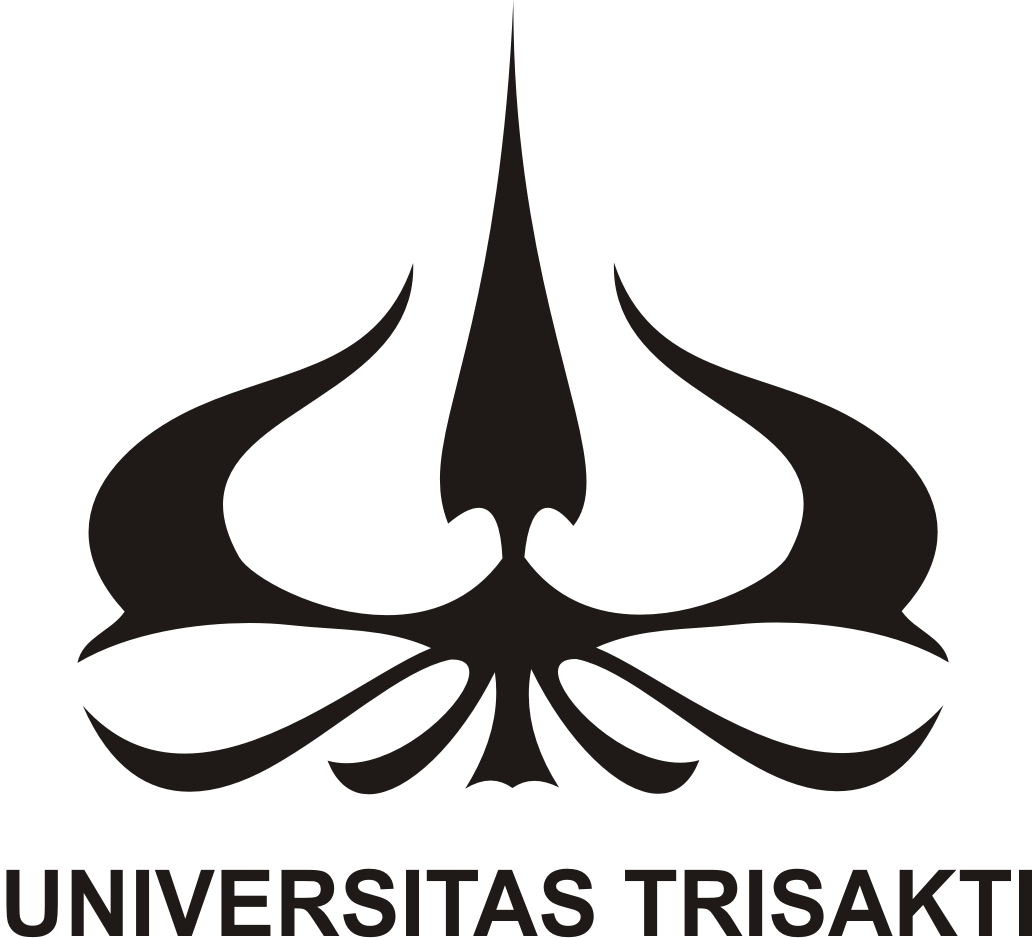2.3 GRADUATE LEARNING OUTCOMES
2.3.1 Knowledge Learning Outcomes
Knowledge learning outcomes are directed so that graduates are able to:
- Understand regional and city development management;
- Understand current and developing issues in the future related to regional and city planning;
- Understand basic theories and concepts related to the planning process for housing, transportation, regional and city infrastructure;
- Understand basic theories and concepts related to the planning process for tourism, industrial, coastal and new city areas;
- Understand research processes and methods in the field of regional and urban planning;
- Understand various physical, economic, ecological and legal aspects that
2.3.2 General Skills Learning Outcomes
General Skills learning outcomes are directed so that graduates are able to:
- Apply logical, critical, systematic and innovative thinking in the context of developing or implementing science and/or technology according to their field of expertise;
- Examine the implications of the development or implementation of science, technology or art according to their expertise based on scientific rules, procedures and ethics to produce solutions, ideas, designs or artistic criticism and prepare scientific descriptions of the results of their studies in the form of a thesis or final project report;
- Make appropriate decisions in the context of solving problems in their field of expertise, based on the results of analysis of information and data;
- Manage learning independently;
- Develop and maintain a working network with supervisors, colleagues, colleagues both inside and outside the institution.
2.3.3 Specific Learning Outcomes
Specific Skills learning outcomes are directed so that graduates:
- Have insight and skills in preparing regional and city spatial plans;
- Able to integrate legal, environmental/ecological and economic aspects into Regional and City spatial planning;
- Understand the process of analysis and presentation of information and technology-based spatial plans.
2.3.4. Attitude Learning Outcomes
- Have faith in God Almighty and be able to show a religious attitude;
- Upholding human values in carrying out duties based on religion, morals and ethics;
- Internalize academic values, norms and ethics;
- Acting as a citizen who is proud and loves the country, has nationalism and a sense of responsibility to the state and nation;
- Respect the diversity of cultures, views, religions and beliefs, as well as the original opinions or findings of others;
- Contribute to improving the quality of life in society, nation and state, and the progress of civilization based on Pancasila;
- Working together and having social sensitivity and concern for society and the environment;
- Obedient to the law and discipline in social and state life;
- Internalize the spirit of independence, struggle and entrepreneurship;
- Demonstrate a responsible attitude towards work in their field of expertise independently.
- Uphold the Trikrama of Trisakti University.


